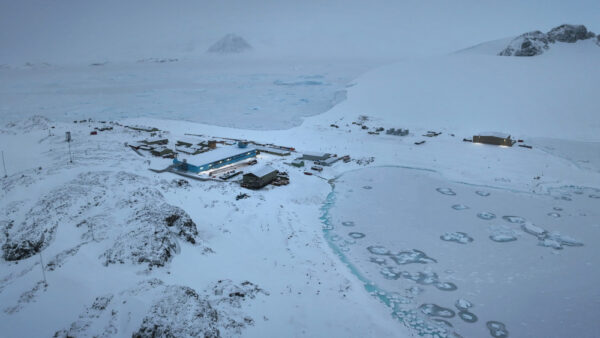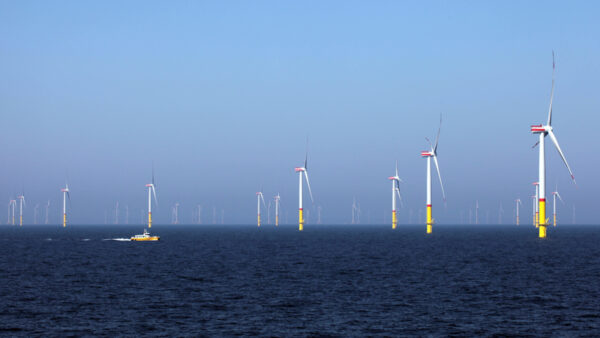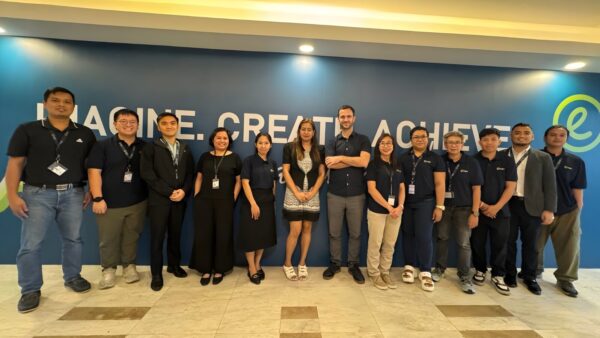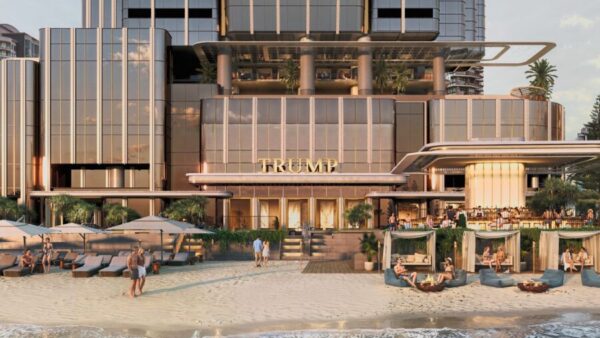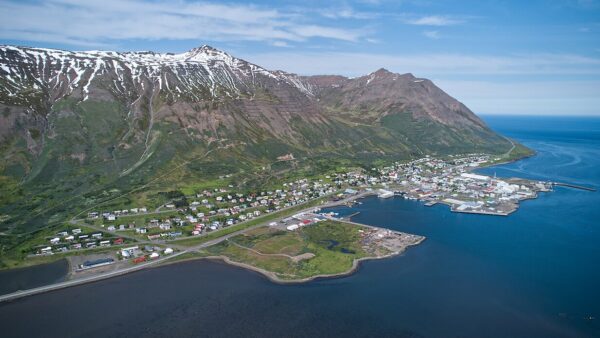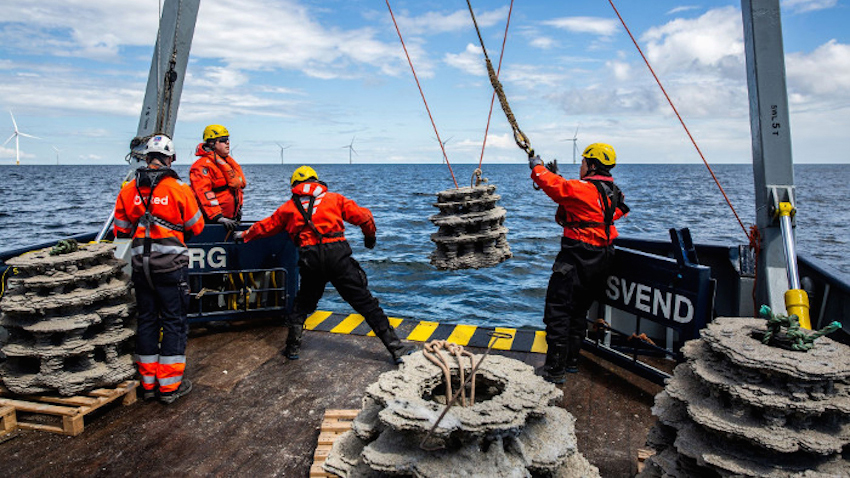
Danish utility Ørsted has teamed up with the World Wide Fund for Nature (WWF) to test the effect of 3D-printed reefs on marine ecosystems in the Kattegat strait between Denmark and Sweden.
A total of 12 structures have been lowered to the seabed between some of the 111 wind turbines at the Anholt Offshore Wind Farm. The aim is to reverse a 20-year decline in stocks of cod, among other species, as a result of overfishing, oxygen depletion due to global warming and habitat loss.
The reefs consist of several layers printed from sand, volcanic ash and Portland cement. The strata are connected to each other by hollows where fish can hide, as well as crevices where other organisms can attach themselves. The reefs weigh up to half a tonne, are about one cubic metre in size, and have varying shapes to imitate natural habitats.
Cod population plummets
Bo Øksnebjerg, secretary general of WWF Denmark, said the cod population in the area has fallen by 90% since 1990. He said urgent action was needed to expand renewable energy production and improve marine habitats.
Filip Engel, vice president for sustainability at Ørsted, said restoring marine biodiversity and addressing the growing climate crisis were linked goals.
“At Ørsted, we believe action on climate and nature can and must go hand-in-hand, and this exciting project together with WWF Denmark is one of many we’re testing out globally to seek the best solutions to make our ambition of a net-positive biodiversity impact a reality,” he said.
Marine food chain
As well as their commercial importance, cod act as regulators of the marine food chain. In particular, they eat the green crabs that eat the seeds of sea grasses, which are the habitat of the snails that prevent blooms of algae.
Vegetation such as eelgrass is also provides shelter for juvenile fish, produces oxygen, stores carbon and stabilises the seabed.
The project at Anholt is supported by PensionDanmark and PKA A/S, which have a 30% and 20% share in the wind farm, respectively.
Ørsted has set itself the goal of increasing biodiversity at all renewable energy projects commissioned after 2030. The company recently announced the world’s first attempt to support natural reefs by growing corals on wind turbine foundations in Taiwan.

